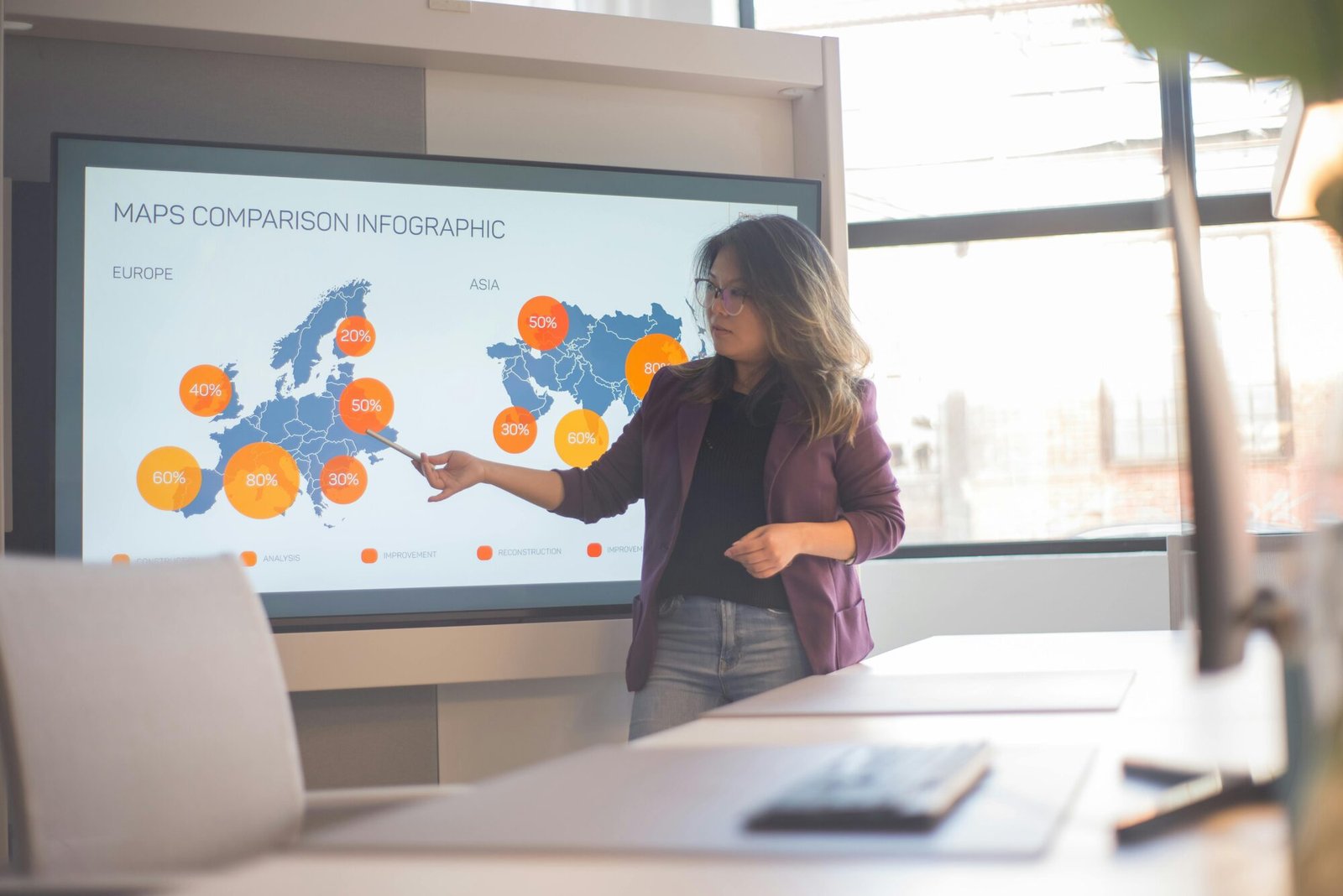If you’ve ever tried to truly master Tableau, you’ll know there are more courses, certificates and resources out there than you could ever possibly get through in a single year. Actually, there are probably so many out there that completing them might even take a lifetime or more. Lucky for you, I’ve already tried and tested so many YouTube courses and playlists, endless Udemy lectures or Coursera specials, and I’m here to tell you about the three Tableau courses that have absolutely no fluff and hands-on learning that sticks.
They’re suitable for everyone, even if you haven’t got a clue about what Tableau is and genuinely worth your time and sanity as you won’t have to watch 90 plus hours of video content and complete 300 plus lectures. Let’s kick things off with the course that honestly made me wish I had started here from day one.
The Tableau Fundamentals track on Datacamp is the place to start if you’re brand new to Tableau and you want to build strong foundations from the ground up, without sitting through 40 hours of random drag-and-drop demos and videos. This track contains five courses that teach you the essentials like data connections, calculated fields, building interactive dashboards and mastering best practices for data visualizations using bite-sized learning modules. There are no multi-hour lectures, everything’s delivered in short practical chunks and you’ll learn how to build compelling visuals right from the beginning. I’ve been using Datacamp as my go-to learning platform for a number of years now. I’m recommending this Tableau track because it genuinely contains courses that will help you learn Tableau skills fast.
The bit I love most about the Datacamp platform is that they provide all the tooling for you so you won’t even have to worry about downloading Tableau Desktop. Everything runs inside your browser, just log into your account and all the datasets and Tableau environments you need are ready to go. The courses in this track give you a real-world focus and what I mean by real world is that it’s not just where to click, but how to actually deliver insights and value even if you’ve never created a single visual or dashboard before. If you want confidence using Tableau in your actual job, not just passing quizzes, this is the best foundation you’ll find out there.
Next up, for those of you who have business analyst aspirations, the Tableau Business Intelligence Analyst Professional Certificate on is my number one pick. This is a multi-course professional certificate that covers everything, prepping and cleaning data, building scalable dashboards, and the business communication side of analysis, which obviously is a primary focus of business analysts as you’ll need to be able to translate complex data into actionable insights and next steps.
You’ll learn from Tableau and business analytics experts, so it’s safe to say that you’ll learn from absolute pros. This certificate was created in collaboration with Tableau and though completing it definitely looks good on your resume and LinkedIn profile, I would look at this course as a means to an end, where the end is not to only obtain this certificate, but to actually become a certified Tableau Data Analyst, the official Tableau certification from Tableau itself. You will learn through hands-on assignments in the form of practical labs and capstone projects. By the end, you’ll have a professional portfolio ready to go, a portfolio that will come in very handy when you’re trying to stand out amongst all applicants.
And last but not least, the Data Analyst in Tableau track on DataCamp is the track to take if you have data analyst aspirations. So, if you want to be able to take real data sets, wrangle them, and generate and share dashboards that drive action, then the nine courses and the bonus course on Tableau Prep, Tableau’s data preparation tool, will teach you skills you need to succeed as a data analyst who relies heavily on Tableau skills. What’s great about the Tableau Fundamentals track and the DataCamp platform applies here as well, of course.
You’ll learn through bite-sized modules that are interactive, you’ll learn through real projects, and everything is still browser-based so you don’t need to worry about downloading Tableau Desktop, connecting to databases, or finding other data sets. Just log into your account and learn. The courses in this track will not only teach you how to explore and analyze data and create dashboards, as you will also complete case studies, create presentation-ready visualizations, and master calculations and how to apply statistical techniques.
Once you’ve completed the track, you can feel confident that you have the necessary skills required to pass Tableau’s Data Analyst certification, as at the end of the day, just like I mentioned before, the best place to get Tableau certified is from Tableau officially. And in case you’re wondering why I didn’t recommend learning from Tableau directly, it’s because their official expert-led classes are, let’s just say, a little bit expensive and completely out of budget for most people. At the end of the day, picking the best Tableau course comes down to your personal starting point and where you want to land.
If you just want to get started, then I highly recommend the Tableau Fundamentals track on DataCamp. If you want to go down the Business Analyst path, go with the Tableau Business Intelligence Analyst Professional Certificate on Coursera. If you want to go down the Data Analyst path, take the Data Analyst in Tableau track.
I hope you found this article useful. Thanks so much for reading, and I shall see you in the next one.
